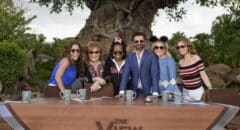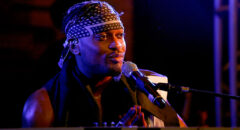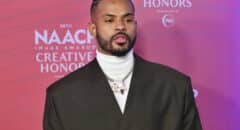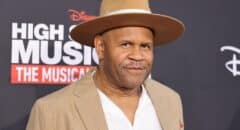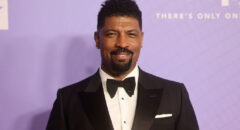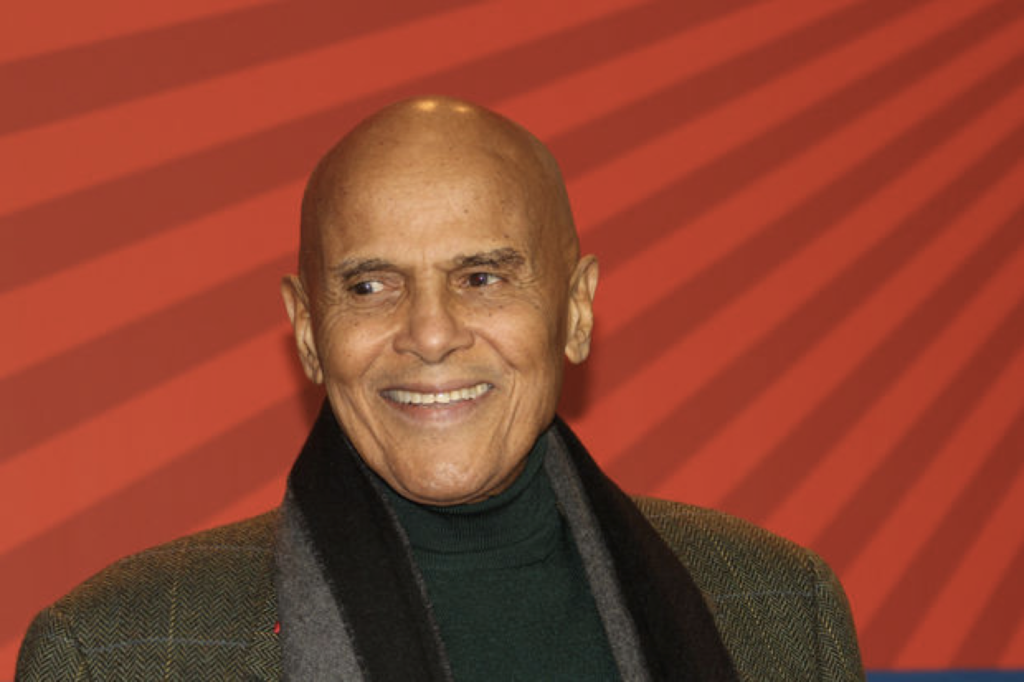 Singer and activist, Harry Belafonte has achieved some of the highest honors possible over more than a half century in the public eye. He was a recipient of Kennedy Center Honors in 1989, the National Medal of Arts in 1994 and a Grammy Lifetime Achievement Award in 2000. Additionally, in 2014 he received the Jean Hersholt Humanitarian Award at the Governors Awards. And it all started when he noticed the treatment of Black and brown people in his mom's native country.
Singer and activist, Harry Belafonte has achieved some of the highest honors possible over more than a half century in the public eye. He was a recipient of Kennedy Center Honors in 1989, the National Medal of Arts in 1994 and a Grammy Lifetime Achievement Award in 2000. Additionally, in 2014 he received the Jean Hersholt Humanitarian Award at the Governors Awards. And it all started when he noticed the treatment of Black and brown people in his mom's native country.
In 1927, in New York City, Harold George Belafonte was born to Caribbean immigrants. His mother worked as a dressmaker and a house cleaner, and his father served as a cook on merchant ships, before leaving the family when Belafonte was a young boy.
Much of his early years were spent in Jamaica, his mother's native country. There, he saw firsthand the oppression of blacks by the English authorities, which left a lasting impression on him.
Belafonte returned to New York City's Harlem neighborhood in 1940 to live with his mother. They struggled in poverty, and Belafonte was often cared for by others while his mother worked. "The most difficult time in my life was when I was a kid," he later told People magazine. "My mother gave me affection, but, because I was left on my own, also a lot of anguish."
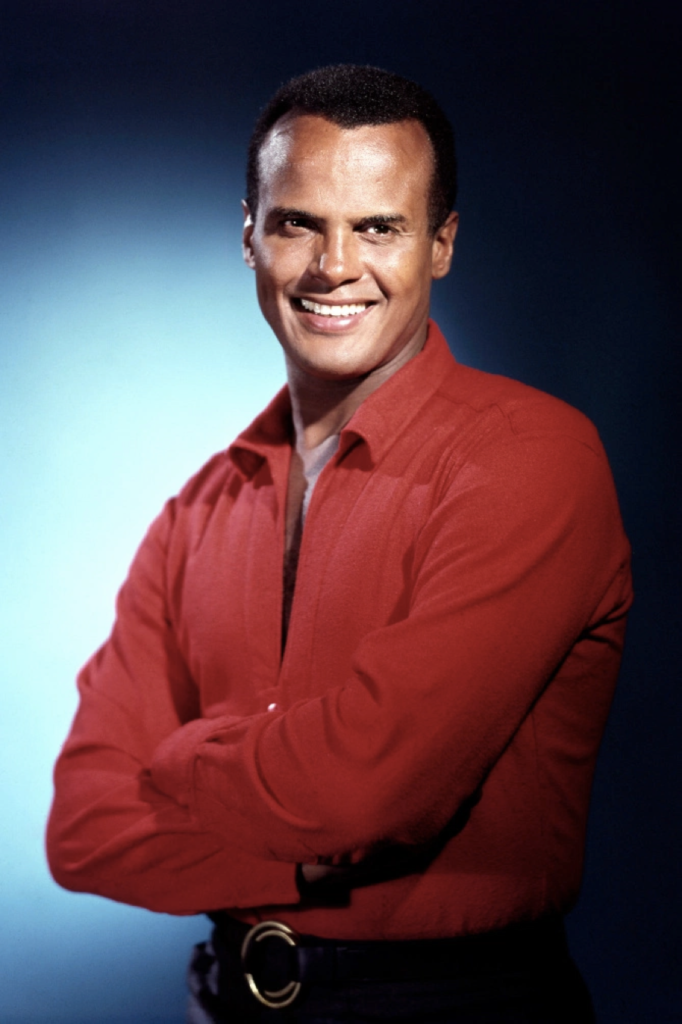
Dropping out of high school, Belafonte enlisted in the U.S. Navy in 1944. He returned to New York City after his discharge, and was working as a janitor's assistant when he first attended a production at the American Negro Theater (AMT). That's where he fell in love with acting.
Belafonte studied drama at the Dramatic Workshop run by Erwin Piscator, where his classmates included Marlon Brando, Walter Matthau and Bea Arthur. Along with appearing in AMT productions, he caught the eye of music agent Monte Kay, who offered Belafonte the opportunity to perform at a jazz club called the Royal Roost. Backed by such talented musicians as Charlie Parker and Miles Davis, Belafonte became a popular act at the club. In 1949, he landed his first recording deal.
Debuting on Broadway in 1953, he won a Tony Award the following year for his work in John Murray Anderson's Almanac, in which he performed several of his own songs. Belafonte also appeared in another well-received musical revue, 3 for Tonight, in 1955.
Around this time, Belafonte launched his film career. He played a school principal opposite Dorothy Dandridge in his first movie, Bright Road (1953). The pair reunited the following year for Otto Preminger's Carmen Jones, a film adaptation of the Broadway musical (itself an adaptation of the Georges Bizet opera Carmen), with Belafonte starring as Joe alongside the Oscar-nominated Dandridge.
The success of Carmen Jones made Belafonte a star, and soon he became a music sensation. With RCA Victor Records, he released Calypso (1956), an album featuring his take on traditional Caribbean folk music. "The Banana Boat Song (Day-O)" proved to be a huge hit. More than just a popular tune, it also held special meaning for Belafonte: "That song is a way of life," Belafonte later told The New York Times. "It's a song about my father, my mother, my uncles, the men and women who toil in the banana fields, the cane fields of Jamaica."
Introducing America to a new genre of music, Calypso became the first full-length album to sell 1 million copies, and led to Belafonte being nicknamed the "King of Calypso."
Belafonte was the first African American to win an Emmy, for Revlon Revue: Tonight with Belafonte (1959), and the first African-American television producer. In 1970, he teamed up with singer Lena Horne for a one-hour TV special that showcased their talents.
Always outspoken, Belafonte began his activism with singer Paul Robeson and writer and activist W.E.B. Du Bois. After meeting civil rights leader Martin Luther King Jr...
... in the 1950s, the two became good friends, and Belafonte emerged as a strong voice for the movement. He provided financial backing for the Student Nonviolent Coordinating Committee (SNCC) and participated in numerous rallies and protests. Belafonte helped organize the 1963 March on Washington, in which King delivered his famous "I Have a Dream" speech, and met with the civil rights leader shortly before he was assassinated in 1968.
In the 1980s, Belafonte led an effort to help people in Africa. He came up with the idea of recording a song with other celebrities, which would be sold to raise funds to provide famine relief in Ethiopia. Written by Michael Jackson and Lionel Richie, "We Are the World" featured vocals by such music greats as Ray Charles, Diana Ross and Bruce Springsteen. The song was released in 1985, raising millions of dollars and becoming an international hit.



